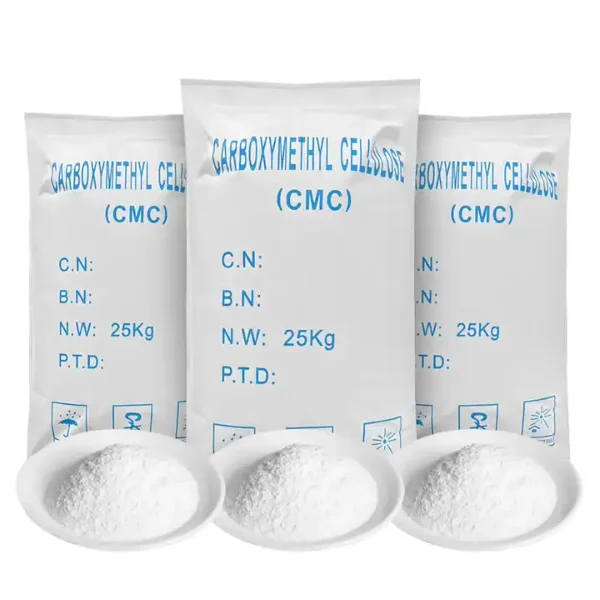
Sodium carboxymethyl cellulose (CMC), a water-soluble polymer derived from natural cellulose through chemical modification, has found extensive applications across various industries due to its unique properties. This article delves into the diverse Industrial applications of CMC, highlighting its significance and contributions in different sectors.
1. Food Industry
In the Food industry, CMC serves as a versatile additive with multiple functions. It is widely used as a thickening agent, providing viscosity to a variety of food products such as sauces, dressings, and dairy products. For example, in ice cream production, CMC helps prevent the formation of ice crystals, resulting in a smoother and creamier texture. Its water-holding capacity also plays a crucial role in maintaining the moisture content of baked goods, extending their shelf life.
CMC is also an effective emulsifier, enabling the stable combination of oil and water phases in products like mayonnaise and salad dressings. This property helps to prevent phase separation, ensuring a consistent and appealing product appearance. Additionally, as a stabilizer, CMC enhances the stability of food colloids, such as in fruit juices and protein-based beverages, preventing sedimentation and improving product quality.
2. Pharmaceutical Industry
In pharmaceuticals, CMC has several important applications. It is commonly used as a binder in tablet formulations, helping to hold the tablet ingredients together and ensuring proper tablet integrity during manufacturing and storage. CMC also serves as a disintegrant in some tablets, facilitating their breakdown in the digestive tract for efficient drug release.
In liquid pharmaceutical preparations, such as syrups and suspensions, CMC functions as a thickening and suspending agent. It helps to keep insoluble drug particles evenly dispersed, improving the uniformity of dosing and the stability of the formulation. In ophthalmic solutions, CMC provides lubrication and viscosity, enhancing the comfort and effectiveness of eye drops.
3. Petroleum Industry
In the petroleum industry, CMC plays a vital role in drilling operations. It is added to drilling muds to improve their rheological properties. CMC acts as a viscosifier, increasing the viscosity of the drilling mud, which helps to suspend drill cuttings and prevent them from settling back into the wellbore. This ensures smooth drilling operations and reduces the risk of blockages.
CMC also functions as a fluid loss control agent. It forms a thin, impermeable filter cake on the walls of the wellbore, reducing the loss of drilling fluid into the surrounding rock formations. This helps to maintain the integrity of the wellbore and improves the efficiency of the drilling process. Additionally, CMC can enhance the stability of drilling muds at high temperatures and pressures, making it suitable for use in deep and challenging wells.
4. Textile Industry
In the textile industry, CMC is used as a sizing agent. When applied to yarns, it forms a protective film, improving the yarn's strength and reducing breakage during weaving. This results in higher-quality fabrics with fewer defects. CMC also enhances the adhesion of dyes to the fabric during the dyeing process, leading to more vibrant and colorfast dyeing results.
As a thickening agent in textile printing pastes, CMC helps to control the flow and spread of the printing paste, ensuring precise and sharp printing patterns. It also contributes to the stability of the printing paste, preventing pigment settling and maintaining the consistency of the printing process.
5. Cosmetics and Personal Care Industry
In cosmetics and personal care products, CMC serves multiple functions. In products such as shampoos, conditioners, and body washes, CMC acts as a thickening agent, providing a desirable texture and improving the product's stability. It also helps to suspend solid particles, such as exfoliants in scrubs, ensuring even distribution during use.
In toothpaste, CMC functions as a binder and thickener, holding the various ingredients together and giving the toothpaste its characteristic consistency. It also contributes to the smoothness and spreadability of the toothpaste on the teeth. In skincare products, CMC can be used as a film-forming agent, forming a protective layer on the skin that helps to retain moisture and improve the product's efficacy.
6. Paper Industry
In the paper industry, CMC is used as a paper strengthening agent. When added to the pulp, it improves the physical properties of the paper, such as its tensile strength and burst resistance. CMC also enhances the paper's water resistance, making it suitable for applications where resistance to moisture is required.
As a surface sizing agent, CMC forms a thin film on the surface of the paper, improving its smoothness and printability. It helps to reduce ink penetration and improve the clarity of printed images, resulting in higher-quality printed materials. Additionally, CMC can be used as a retention aid in the papermaking process, helping to retain fine particles and fillers in the paper, improving its overall quality.
7. Other Industrial Applications
CMC also finds applications in other industries. In the detergent industry, it is used as a soil suspension agent, preventing dirt and stains from redepositing on fabrics during washing. In the ceramic industry, CMC is used as a binder and plasticizer, helping to shape ceramic products and improve their strength and durability.
In the mining industry, CMC can be used as a flotation agent, aiding in the separation of valuable minerals from ores. In the construction industry, CMC is added to mortar and concrete to improve their workability, water retention, and adhesion properties. Additionally, CMC has applications in the field of biotechnology, such as in the immobilization of enzymes and cells for biocatalytic processes.
In conclusion, sodium carboxymethyl cellulose is a highly versatile and valuable material with a wide range of applications in various industries. Its unique properties, including thickening, emulsifying, stabilizing, and water-holding capabilities, make it an essential ingredient in many industrial processes and products. As industries continue to evolve and demand more efficient and sustainable solutions, the applications of CMC are likely to expand further, contributing to the development and improvement of a diverse range of products and processes.
- Random Content
- Hot content
- Hot review content
- Acetone
- Sodiumsulfite Technical Grade 96%-98%
- Barium carbonate 99% powder
- calcium chloride anhydrous for food
- Feed Grade 98.0% Calcium Formate
- Adipic acid 99% used as the material of nylon 66
- 99.5% Pure Ethylene Glycol Mono Ethylene Glycol MEG EG
- 1Discounted Sodium Cyanide (CAS: 143-33-9) for Mining - High Quality & Competitive Pricing
- 2China's New Regulations on Sodium Cyanide Exports and Guidance for International Buyers
- 3Sodium Cyanide 98% CAS 143-33-9 gold dressing agent Essential for Mining and Chemical Industries
- 4International Cyanide(Sodium cyanide) Management Code - Gold Mine Acceptance Standards
- 5China factory Sulfuric Acid 98%
- 6Anhydrous Oxalic acid 99.6% Industrial Grade
- 7Oxalic acid for mining 99.6%
- 1High Quality 99% Purity of Cyanuric chloride ISO 9001:2005 REACH Verified Producer
- 2Sodium Cyanide 98% CAS 143-33-9 gold dressing agent Essential for Mining and Chemical Industries
- 3 High-Quality Sodium Cyanide for Leaching
- 4Powdery emulsion explosive
- 5Industry Grade Electron grade 98% Sulfuric Acid H2SO4 Sulphuric Acid Battery Acid Industrial Sulfuric Acid
- 6Colloidal emulsion explosive
- 7sodium hydrosulfide 70% flakes used Mining Industry


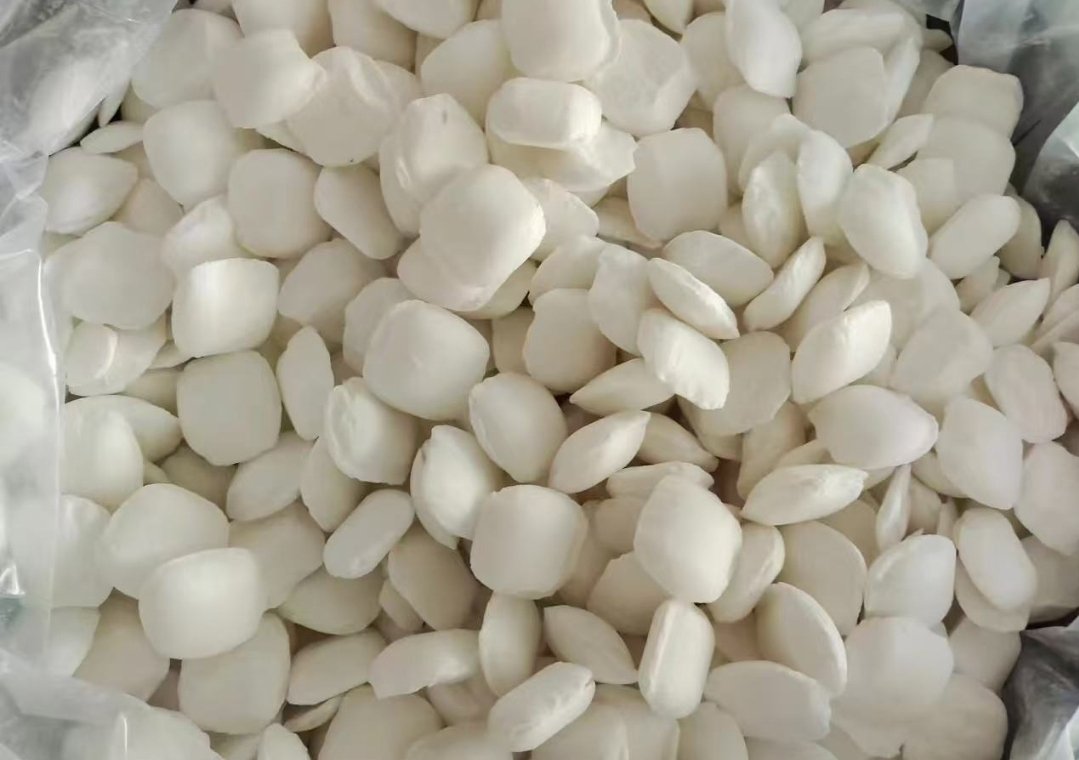
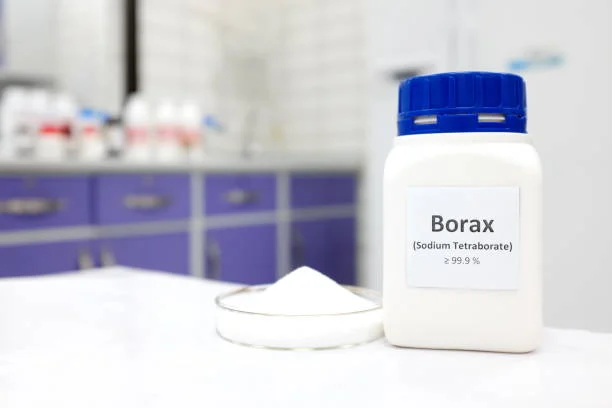
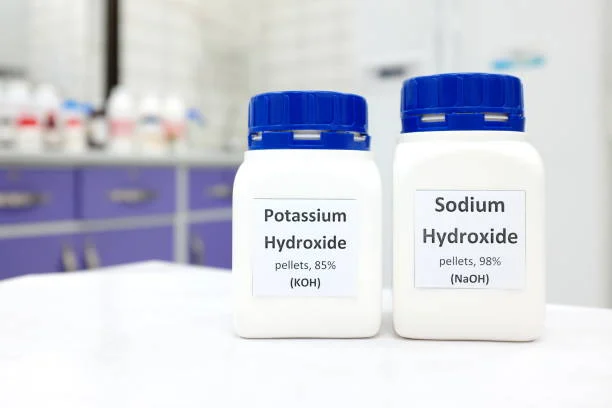
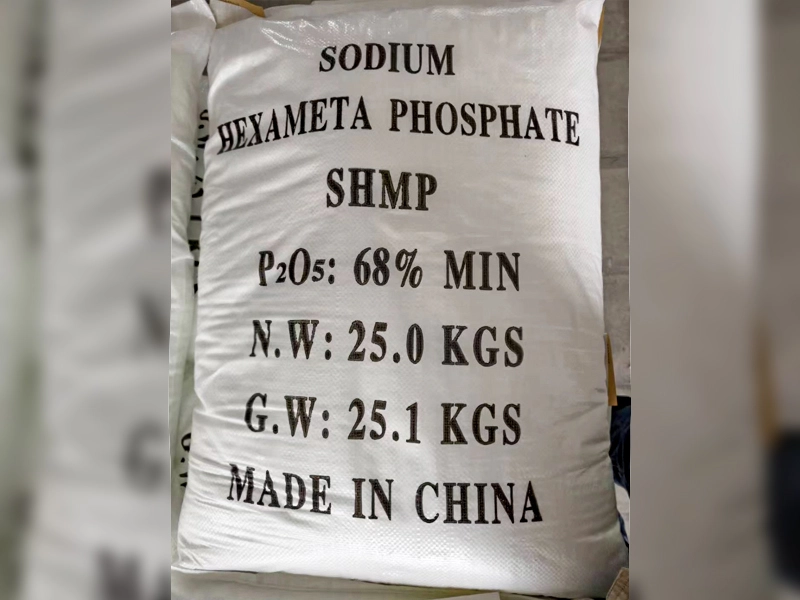
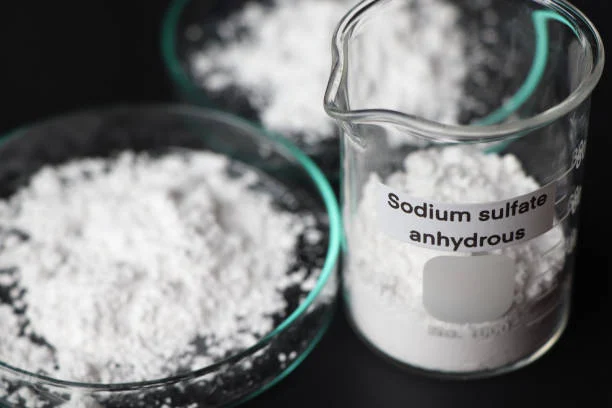

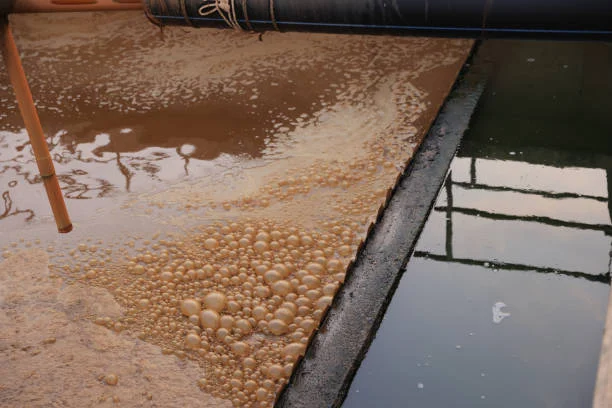



Online message consultation
Add comment: